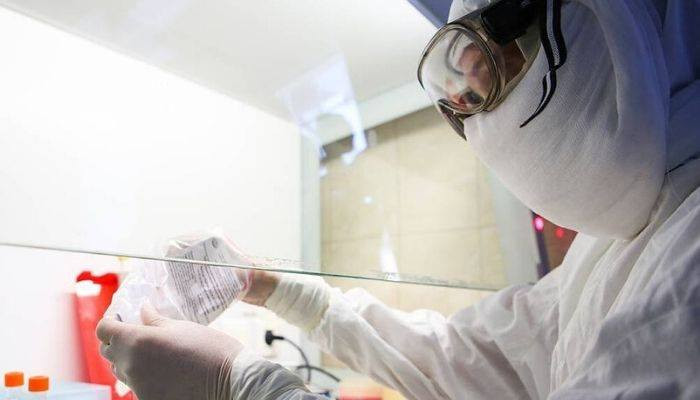The coronavirus mutates more slowly than the flu — which means a vaccine will likely be effective long-term
 A glimmer of hope on the coronavirus front: Experts who have been tracking the virus' spread have concluded that it mutates at a slower rate than other respiratory viruses like the flu. This slow mutation rate has two implications — both positive. It means the virus (whose official name is SARS-CoV-2) is stable in its current form and therefore unlikely to get even more dangerous as it continues to spread. That also means a vaccine could be effective in the long run; it'd act more like a measles or chickenpox vaccine than a seasonal flu shot. Peter Thielen, a molecular geneticist at Johns Hopkins University, told The Washington Post that an analysis of 1,000 samples of the new coronavirus revealed only four to 10 genetic differences between the strains that had infected people in the US and the original virus that spread in the Chinese city of Wuhan. "At this point, the mutation rate of the virus would suggest that the vaccine developed for SARS-CoV-2 would be a single vaccine, rather than a new vaccine every year like the flu vaccine," Thielen said. The coronavirus is more stable than the flu |

Single-dose HIV vaccine candidate induces neutralizing antibodies
67203.02.2026, 19:19
Apple ‘runs on Anthropic,’ says Mark Gurman
71901.02.2026, 23:53
Meet the Kennewick Man: Face of 'most important' ancient American revealed after 8,500 years
74125.01.2026, 17:07
Can Humanoid Robots Build Aircraft? UBTECH Partners with Airbus
68519.01.2026, 23:41
Nasa's mega Moon rocket arrives at launch pad for Artemis II mission
71418.01.2026, 17:53
China's Mars rover discovers longer water existence on red planet
69311.01.2026, 15:31
